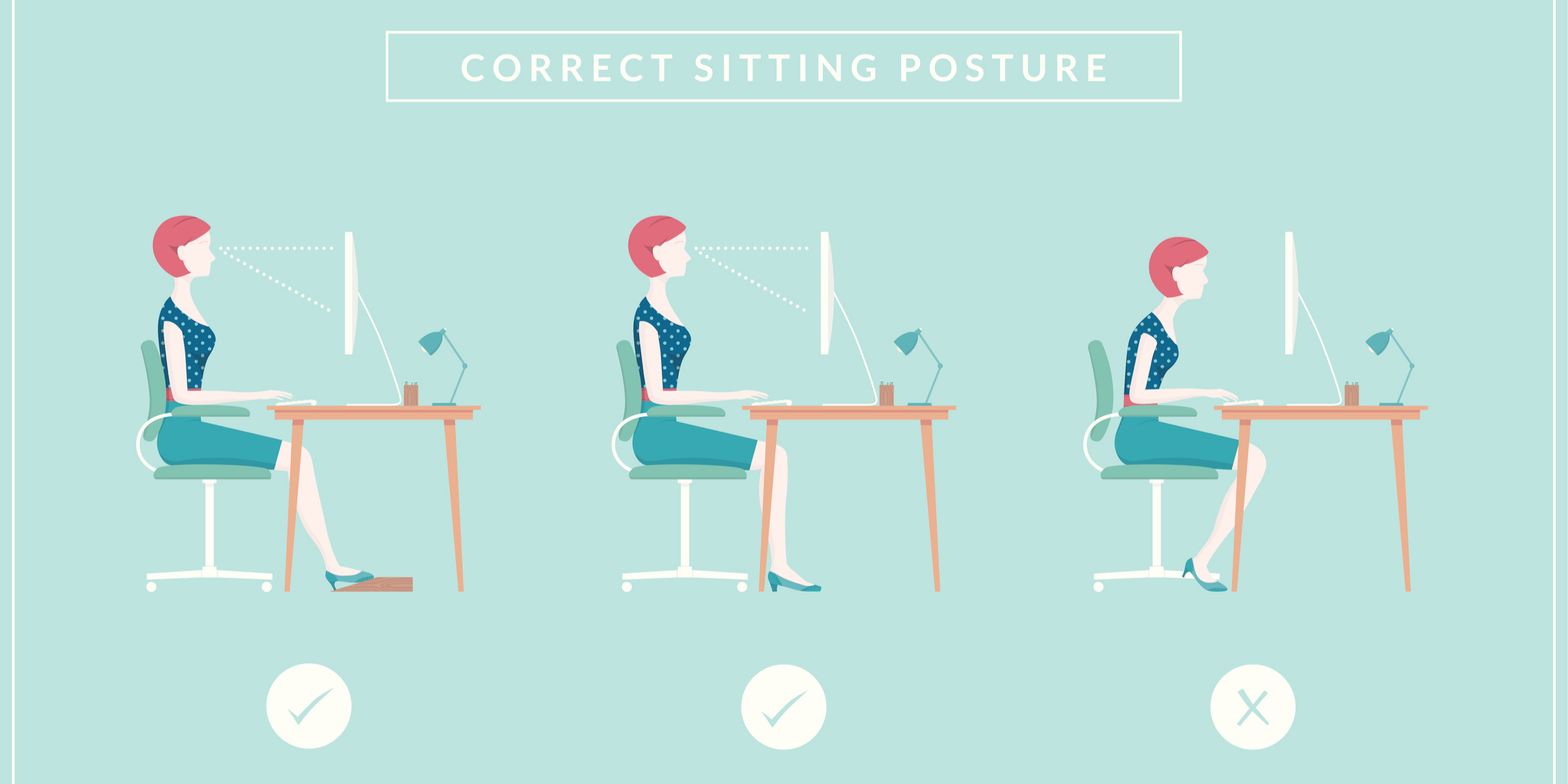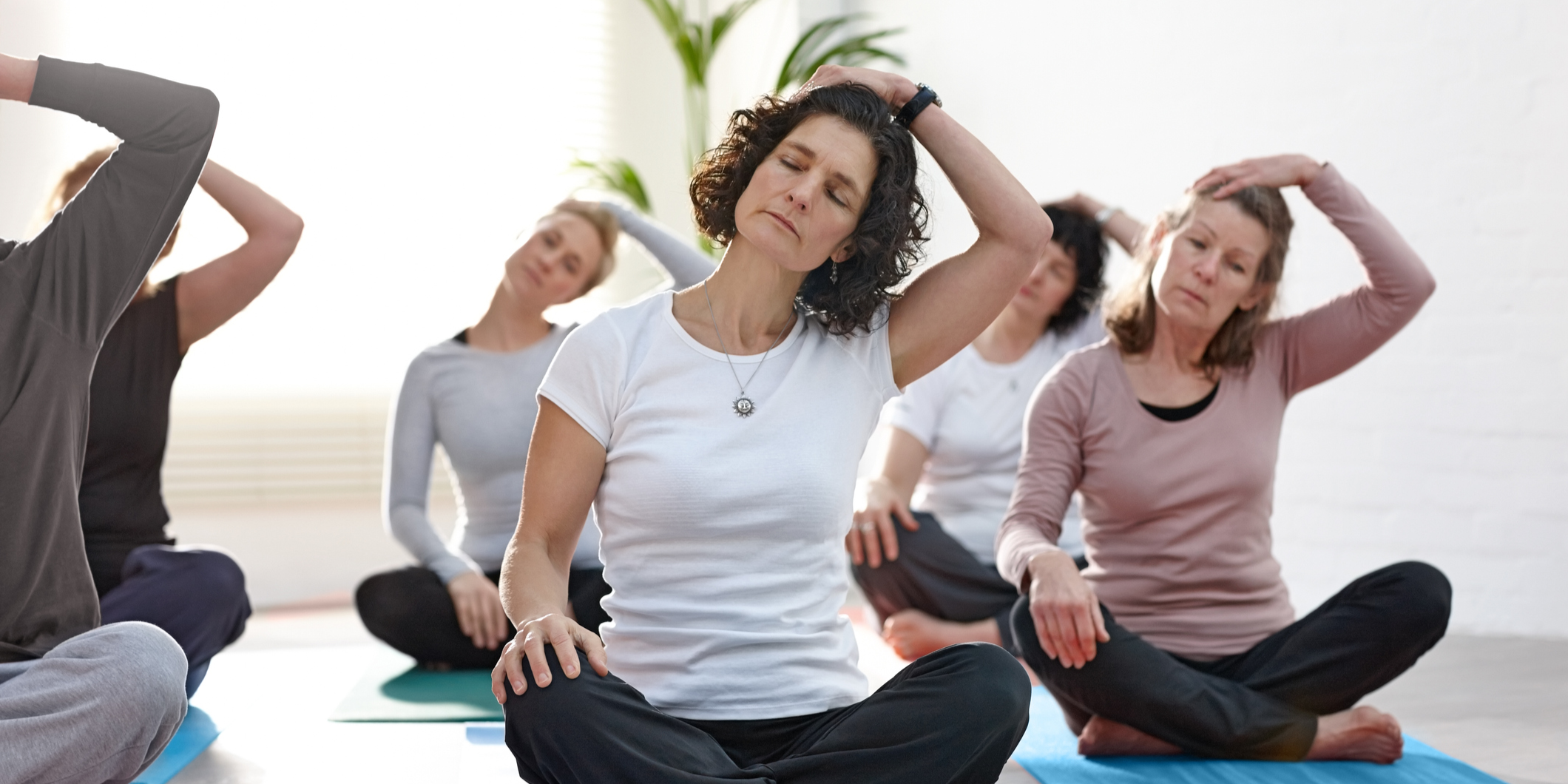Your neck is flexible and supports the weight of your head, so it can be vulnerable to injuries and conditions that cause pain and restrict motion. Neck pain or stiffness in most cases, is either due to poor posture or overuse. Sometimes, neck pain is caused by injury from a fall, contact sports, or whiplash.
ETV Bharat Sukhibhava was in conversation with Dr. Ketan Bhatikar, Chief Consultant at SPARC (Sports Physiotherapy Aqua Rehabilitation Center and Medical Director of Physiotherapy Department of Goa Cricket Association.
If you have neck pain that continues for more than a week, is severe, or is accompanied by other symptoms, seek professional help from a qualified physiotherapist immediately.
- Overuse, such as too many hours hunched over your computer or smartphone, often triggers muscle strains. Even minor things, such as reading in bed or gritting your teeth, can strain neck muscles.
- Just like the other joints in your body, your neck joints tend to wear down with age. Osteoarthritis causes the cushions (cartilage) between your bones (vertebrae) to deteriorate. Your body then forms bone spurs that affect joint motion and cause pain.
- Rear-end auto collisions often result in a whiplash injury, which occurs when the head is jerked backward and then forward, straining the soft tissues of the neck.
Other causes:
- Rheumatoid arthritis causes pain, swelling of the joints. When these occur in the neck area, neck pain can result.
- A condition that causes muscle pain throughout the body (fibromyalgia), especially in the neck and shoulder region.
- As you age, the cervical discs can degenerate. This is known as spondylosis. This can narrow the space between the vertebrae. It also adds stress to your joints.
- A slipped vertebral disk.
- Narrowing of the spinal nerve canal due to long-term inflammation caused by arthritis or other conditions.
Preventing neck pain:

- Use good posture. When standing and sitting, be sure your shoulders are in a straight line over your hips and your ears are directly over your shoulders.
- Take frequent breaks. If you travel long distances or work long hours at your computer, get up, move around and stretch your neck and shoulders.
- Adjust your desk, chair, and computer so that the monitor is at eye level. Knees should be slightly lower than the hips. Use your chair's armrests.
- Avoid tucking the phone between your ear and shoulder when you talk. Use a headset or speakerphone instead.
- If you smoke, quit.
- Avoid carrying heavy bags with straps over your shoulder. The weight can strain your neck.
- Sleep in a good position. Your head and neck should be aligned with your body. Use a small pillow under your neck. Try sleeping on your back with pillows tucked under your knees, which will help relax your spinal muscles.
When to see your doctor: If any of these symptoms persist for more than a week.
- severe neck pain without apparent cause
- numbness and tingling in arms or fingers
- pain that radiates down your arms or legs
- inability to move your arms or hands, weakness in hands or legs.
- inability to touch your chin to your chest
- lump in your neck
- fever with neck pain
- headache with neck pain
- swollen glands
- nausea with neck pain
- vomiting with neck pain
- trouble swallowing or breathing.
How can physiotherapy help relieve neck pain?

- Ice and heat therapy

- Physical therapy (electrical modalities)
- Physical therapy (exercise, stretching)
- Pain medication, injections.
- Muscle relaxants
- Neck collar
- Traction
- Antibiotics if you have an infection
- Hospital treatment if some underlying condition is there.
- Surgery, which is rarely necessary
For more queries, contact Dr. Ketan Bhatikar at ketanbhatikar@gmail.com


